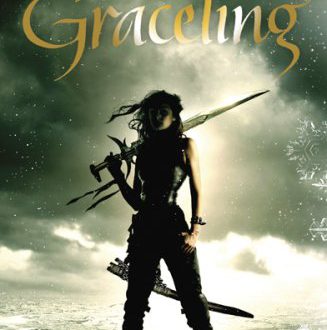Remember when they said kids weren’t reading?
From Publishing Perspectives:
In 2014, children and teenagers are reading in record numbers and are often driving the buying of books by influencing their parents and peers. The children’s book market has grown 44% in the last 10 years, while adult publishing had its peak in 2008 and is in decline. International children’s publishing is still the largest sector of content creation at $151 billion (surpassing gaming, which is at $133 billion). And reading is still the #1 leisure activity for children 2-10. It’s at 11-13 that is starts to dip, being beaten out by television and games, and at 14-17 pleasure reading loses ground entirely.
In the media, teenagers are often depicted as spending all of their time gaming, on social media, and watching streaming video, but never reading. Keynote speaker Rey Junco, Associate Professor and a fellow at Harvard’s Berkman Center for Internet and Society, studies how youth use social media and had some heartening things to share to dispel that image: not only do 67% of teens read for pleasure, 50% of them also still prefer print books over ebooks. And, while we think that kids on their phones checking Facebook or tweeting means that they don’t know how to interact with each other or that it is taking away from their academic pursuits or that they are just playing games, Junco’s research actually proves the opposite. Online interactions build social capital by giving kids the opportunity to learn more about their peers and help strengthen the intimacy of those relationships and, academically, allow students to have more engagement in their subjects. Unlike adults, teens interact with technology in a very different way, so Junco warned the audience against believing those myths.
Kids ARE reading. Kids love reading. And the most important thing is, kids will read whatever. I have tons of teens and tweens in my family, and I’ve taught a lot of teens and I can say that I’ve never come across a kid who really cared about trends or what’s the ‘in’ genre or whatever. That tends to be something that publishing cares more for than actual kids who just want to read whatever sounds awesome. And of course adults are doing a lot of reading, driving up sales. But people need to stop bemoaning what ‘video games’ and ‘tv’ and the internet are doing to youth and literacy. And hell, when it comes to the internet it’s only helping youth find more stuff to read 🙂
Bottom line: give kids more credit, society!
